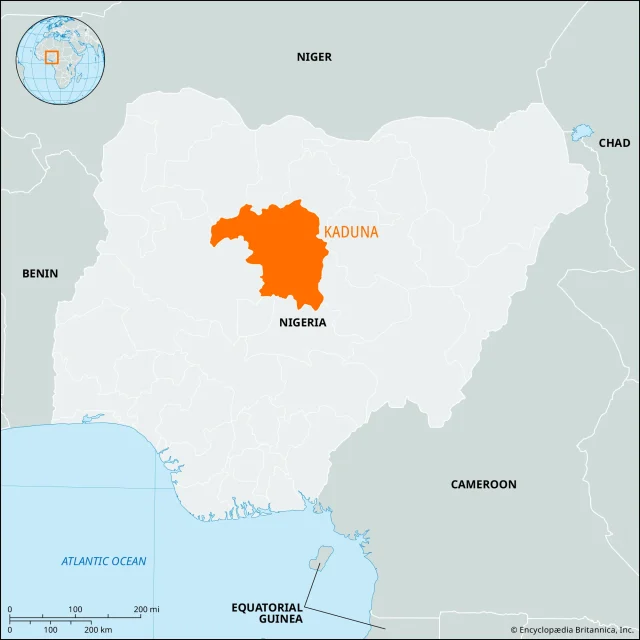The Democracy Watch Initiative (DWI) has urged the Federal Government to open a formal investigation into alleged human rights violations that occurred during the tenure of former Kaduna State Governor, Nasir El-Rufai, between 2015 and 2023.
In a statement released on Sunday, the group’s Director of Strategic Communication, Dr. Tunji Bamidele, said the call was necessary to ensure justice for victims of violence and repression in the state.
Bamidele pointed to major incidents such as the Zaria Shiite massacre, the Kajuru killings, and the demolition of properties linked to political opponents, describing them as “a troubling legacy that prioritized power over the protection of rights.”
“In light of the alarming human rights violations committed during the tenure of former Governor Nasir El-Rufai of Kaduna State from 2015 to 2023, we hereby call upon the Federal Government of Nigeria to take decisive action in arresting and prosecuting those responsible for these atrocities,” he said.
He added that international human rights bodies should lend their support to efforts aimed at securing justice.
“We also urge international human rights organizations to lend their voices and support in holding accountable those who have perpetuated violence and repression against the citizens of Kaduna State,” the statement read.
According to DWI, episodes such as the Kajuru massacre in 2019 highlighted failures of leadership in addressing ethnic and religious tensions.
“Rather than fostering reconciliation and peace, El-Rufai’s government exacerbated divisions, contributing to a cycle of violence that continues to plague the region,” Bamidele stated.
The group also cited incidents where judicial decisions were undermined, including the case of Kasuwan Barci traders whose businesses were demolished, leading to protests, and the arrest of journalist Jacob Onjewu on charges of incitement.
The abduction of activist Abubakar Idris, known as Dadiyata, was also referenced as symbolic of the climate of fear during the period.
“His administration displayed an alarming intolerance for dissent and civil liberties. The incarceration of journalists, the suppression of protests, and the harassment of opposition figures were hallmarks of a regime that sought to stifle free expression,” Bamidele said.
DWI stressed that accountability must form part of Nigeria’s democratic journey.
“The protection of human rights must be at the forefront of Nigeria’s governance agenda, ensuring that the lessons of the past are not forgotten.
The legacy of Nasir El-Rufai’s governance in Kaduna State serves as a stark reminder of the importance of balancing reform with respect for human rights,” the statement added.







